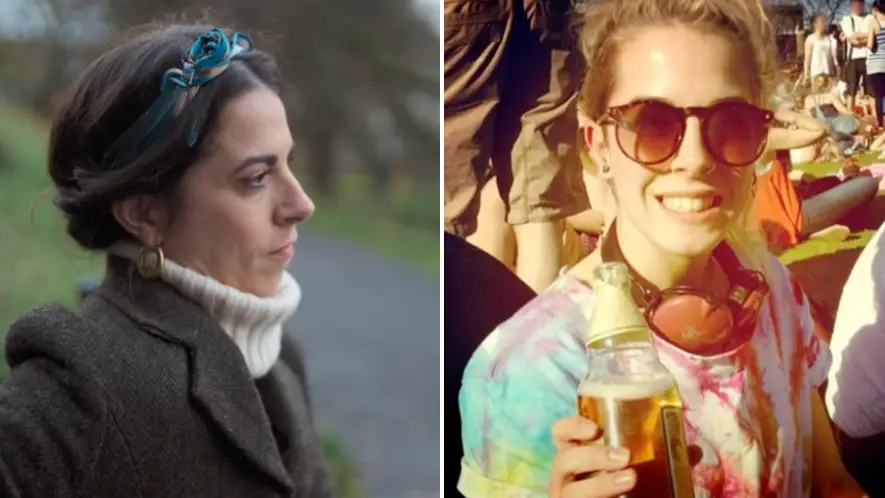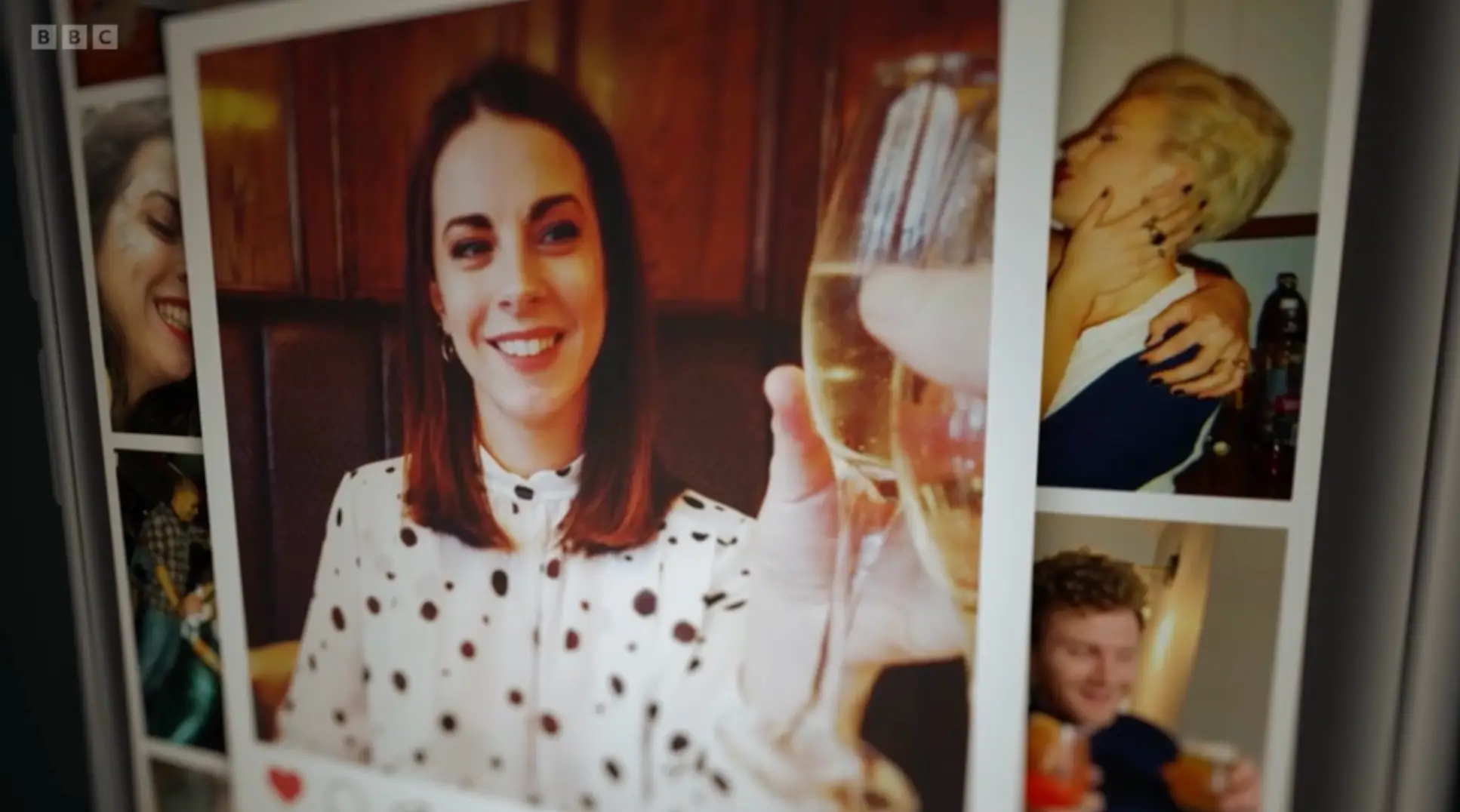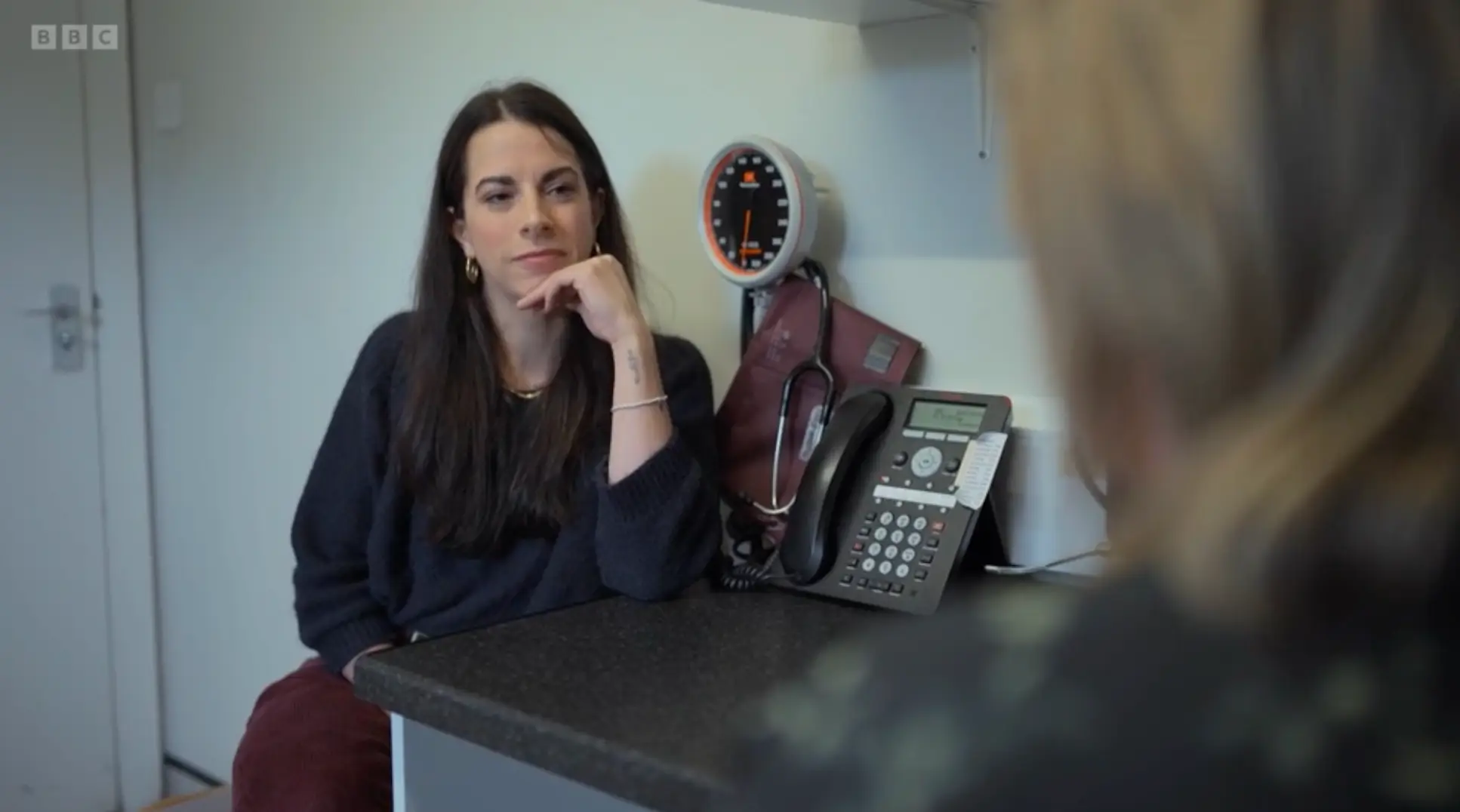
A woman in her early thirties had the shock of her life when she received a ‘life-changing' health diagnosis, realising her ‘social drinking’ wasn't as harmless as she thought as she was told she would die if she didn’t give up booze.
A new BBC Panorama documentary, Binge Drinking and Me, explores how alcohol-related deaths from liver disease among women under 40 have risen ‘sharply’ over the past decade.
Journalist Hazel Martin used her own shocking experience to explore why this is the case, saying: “They call liver disease a silent killer.
“There are no symptoms in the early stages, and seven in 10 people won’t know there’s anything wrong with them until they turn up at A&E... And that is terrifying.”
Advert
Martin was 31 when she was told by doctors that she’d end up in an early grave if she didn’t make a drastic change.
“I was shocked because I didn’t drink every day, I never drank alone and I drank because I enjoyed it as a social activity, not because I felt alcohol-dependent,” she explained in an accompanying BBC article.

Martin admitted that, ‘by definition’, her alcohol consumption from her late teens to late twenties ‘would be considered binge drinking’.
"It felt normal because people around me were doing the same - and now it was catching up with me,” she said.
Alarm bells didn’t start ringing until Martin, as a new mum, noticed she was feeling ‘tired all the time’, and decided to go to the GP.
“I was absolutely exhausted – and no wonder,” she recalled in the documentary. “But even so, I made an appointment with my GP and I went in for some blood tests.
“I had no idea this meeting would be such a major turning point.”
Her GP, Dr Margo McNicol, told her there’s a ‘screen of bloods’ that GPs do ‘quite often’ called Tired All The Time (TATT).
“One of the tests in that screen is liver function,” she said. “And that was the one that was abnormal in your case.”

In a healthy person, the figure should be less than 40, but Martin’s was 213.
She was taken to hospital for further tests, which revealed she had severe alcohol-related liver fibrosis (cirrhosis), or extreme scarring on her liver – ‘most likely’ because of her drinking habits.
According to the NHS, cirrhosis is sometimes called ‘end-stage liver disease’ as it often occurs after other stages of damage from conditions that affect the liver.
While it was caught at just below the threshold for permanent severe scarring to the liver, Martin was told she could die if she continued drinking.
Understandably, she felt ‘shellshocked and quite numb’, saying the ‘frightening’ news left her feeling huge ‘shame’.
“The guidelines for both men and women say you shouldn’t drink more than 14 units a week – that's about six glasses of wine,” Martin continued.
“On nights out with friends, we probably all exceeded that. But it was social drinking. I wasn’t drinking every day.”
She added: “I feel extremely lucky that the problem was picked up in time for me to try to do something about it.
“Doctors had discovered the problem while investigating my tiredness. However, part of the problem with liver disease is that there are often no initial symptoms.”

The NHS says that, as your liver becomes more damaged, symptoms of cirrhosis include:
- Feeling very tired and weak
- Feeling sick (nausea)
- Losing your appetite
- Losing weight and muscle mass
- Red patches on your palms and small, spider-like blood vessels on your skin (spider angiomas) above waist level
Meanwhile, if it gets worse, symptoms and complications include:
- Yellowing of the skin and whites of the eyes (jaundice)
- Vomiting blood
- Itchy skin
- Dark pee and tarry-looking poo
- Bleeding or bruising easily
- Swollen legs (oedema) or tummy (ascites) from a build-up of fluid
- Loss of sex drive (libido)
Watch Binge Drinking and Me on BBC iPlayer now.
Please drink responsibly. If you want to discuss any issues relating to alcohol in confidence, contact Drinkline on 0300 123 1110, 9am–8pm weekdays and 11am–4pm weekends for advice and support.
Topics: Health, Documentaries, BBC, TV And Film, Alcohol, Food and Drink